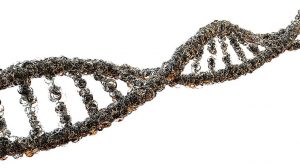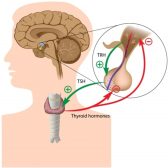Definition
noun
An ancient doctrine or theory stating that the body is composed of four basic humors (from the Latin umore = fluid) such as black bile, yellow bile, phlegm, and blood that were used as a basis to determine the health of an individual. According to this theory, the four humors have to be in balance in order to be healthy. Otherwise, an excess or deficit on one of them results in disease or disability in the personality or physical health of an individual.
Supplement
This theory was related and likened to the theory of the earth having four elements such as earth, fire, water and air in which balance in these elements allow for human life.
It was also related to the theory of temperament. (see: temperament theory)
Synonym: humoral doctrine, humoral theory, humorism, humoralism.
Dictionary > Fluidism
You will also like...

Cell Biology
The cell is defined as the fundamental, functional unit of life. Some organisms are comprised of only one cell whereas o..

Origins of Life on Earth
Earth was created around 4.5 billion years ago and life began not long after. Primitive life likely possessed the elemen..

Meiosis – The Genetics of Reproduction
Meiosis is a form of cell division that creates gametes. It is comprised of two divisions that in the end, the resulting..

Genetic Mutations
This tutorial looks at the mutation at the gene level and the harm it may bring. Learn about single nucleotide polymorph..

Hormone Production
Hormones are chemical messengers produced by specialized glands and they were produced by switching on the genes designe..

Psychiatry & Mental Disorders
Different mental disorders are described here. Read this tutorial to get an overview of schizophrenia, affective mood di..

